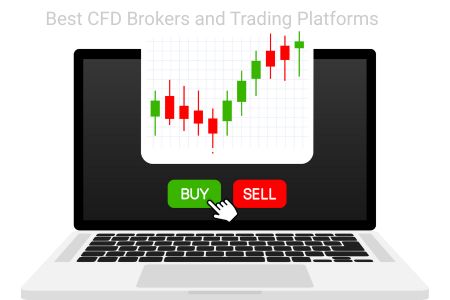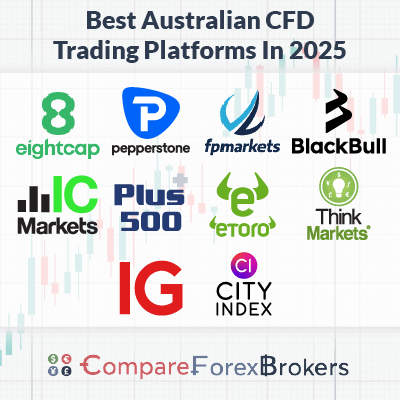
Choosing the Best Stock CFD Broker
Investing in Contracts for Difference (CFDs) allows traders to speculate on the price movements of stocks without actually owning the underlying assets. However, not all brokers are created equal, and selecting the right one can make a significant difference in your trading experience. In this article, we will explore what makes the best stock CFD broker and provide insights into finding the ideal platform for your trading activities. For an excellent overview of reputable options, check out best stock cfd broker top CFD brokers.
What are Stock CFDs?
Stock CFDs are derivative instruments that allow traders to buy or sell contracts based on the price changes of stocks. This means you don’t need to own the actual stock; instead, you can profit from the price movements. One of the key advantages of trading stock CFDs is the ability to use leverage, enabling you to control a larger position size with a smaller capital investment.
Benefits of Trading Stock CFDs
Trading stock CFDs offers several benefits, including:
- Leverage: CFDs are typically offered with leverage, allowing traders to amplify their profits (and losses) on smaller capital.
- Variety: You can trade a wide range of stocks from various sectors and regions without the need to own the underlying assets.
- Short Selling: CFDs allow you to profit from falling markets by taking short positions on stocks.
- No Ownership Costs: Since you do not own the physical shares, there are no associated costs like dividends and maintenance.

Criteria for Choosing the Best Stock CFD Broker
When looking for the best stock CFD broker, you should consider several essential factors:
1. Regulation and Trustworthiness
Ensure the broker is regulated by a reputable authority, which can provide a layer of security for your funds. Regulatory bodies like the FCA in the UK, ASIC in Australia, and CySEC in Cyprus are known to enforce strict regulations.
2. Trading Fees and Commissions
Different brokers have different fee structures, including spreads, commissions, and overnight fees. Look for a broker that offers competitive fees that fit your trading style.
3. Trading Platform and Tools

The trading platform is your primary tool for executing trades and analyzing markets. A user-friendly interface, advanced charting tools, and essential features like risk management instruments can greatly enhance your trading experience.
4. Range of Markets and Instruments
The commission-free trading of stock CFDs should extend to a comprehensive range of stocks. Ensure the broker offers the specific stocks you wish to trade and access to international markets.
5. Customer Support
Efficient customer service is vital, especially if you encounter issues while trading. Look for brokers that offer responsive customer support via multiple channels such as live chat, email, and phone.
6. Leverage Options
Different brokers offer varying degrees of leverage, which can affect your trading risks and rewards. Be sure to understand how leverage works and choose a broker that offers options that align with your risk tolerance.
Top Features of a Reliable Stock CFD Broker
A reliable stock CFD broker should have the following features:
- User-Friendly Platform: The trading platform should be easy to navigate, catering to both beginners and experienced traders.
- Minimal Slippage: Efficient execution with minimal slippage is essential to ensure trades are filled at expected prices.
- Educational Resources: A good broker invests in educating its clients through webinars, tutorials, and articles on trading strategies.
- Demo Accounts: Look for brokers that offer demo accounts so you can practice trading without risking real money.
- Mobile Trading Apps: A mobile application is essential for traders who want to manage their investments on the go.
How to Get Started with Stock CFD Trading
If you’re new to stock CFD trading, follow these steps to get started:
- Research and Choose a Broker: Based on the criteria discussed, research various CFD brokers and choose one that meets your needs.
- Create an Account: Sign up with your chosen broker and complete any necessary KYC (Know Your Customer) processes.
- Fund Your Account: Deposit funds into your trading account using a suitable funding method offered by the broker.
- Practice with a Demo Account: If available, spend some time on a demo account to become familiar with the trading platform.
- Start Trading: Once you feel confident, you can start trading stock CFDs with real money.
Conclusion
Choosing the best stock CFD broker requires careful consideration of various factors, including regulation, fees, trading features, and customer support. By doing your due diligence and picking a broker that aligns with your trading goals, you can enhance your trading experience and potentially increase your profitability. Remember that trading carries inherent risks, so always trade responsibly and only invest what you can afford to lose.




